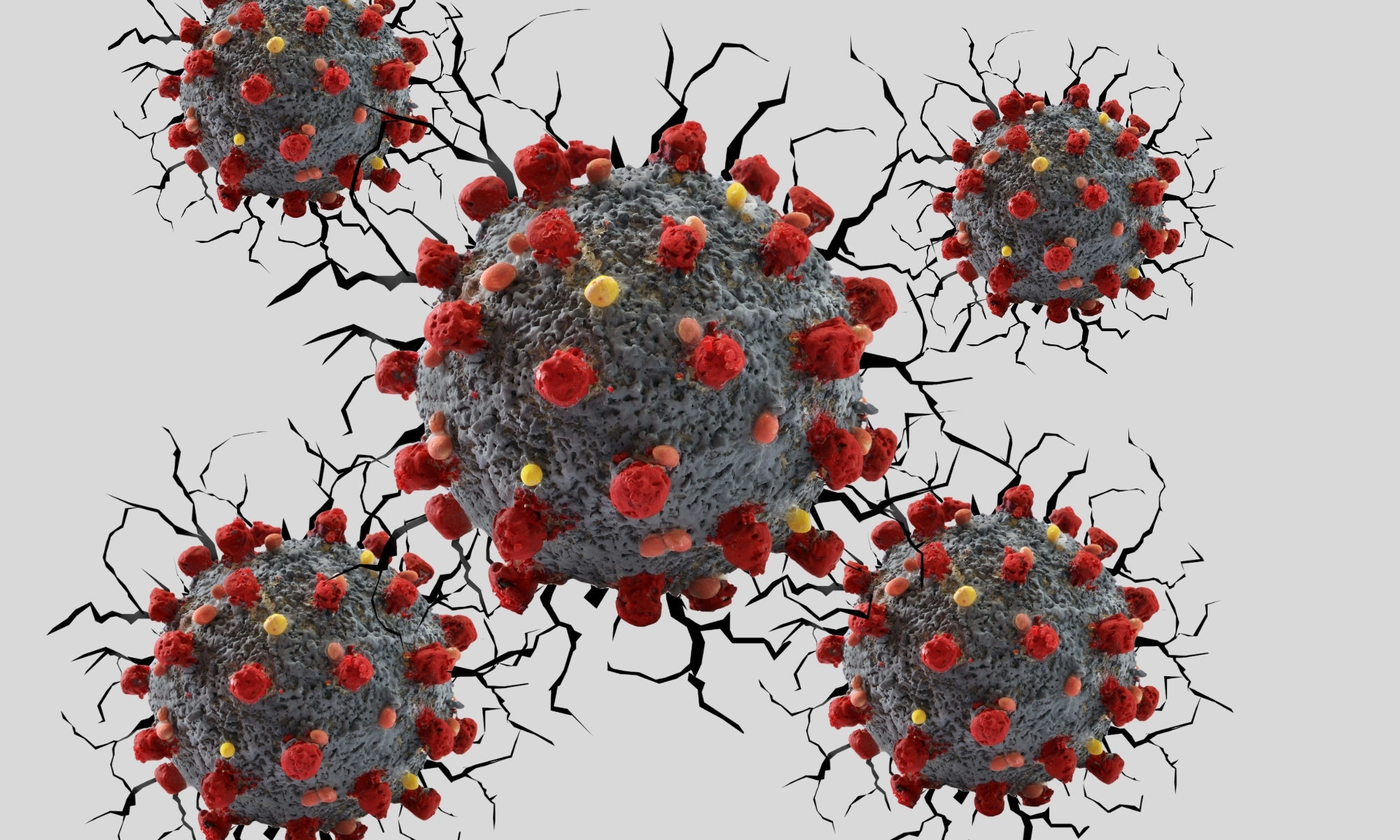

Dr. Lew Strickland
Associate Professor and Extension Livestock Veterinarian
Department of Animal Science
P: 865-974-3150
Social media outlets have been chattering about a recent in vitro study conducted in Australia regarding the antiviral effects of ivermectin on the virus (SARS-CoV-2) that causes COVID-19. However, people should not buy animal ivermectin products to self-medicate.
By all accounts, the Australian research is a well-conducted study that provides evidence for the need to continue investigating ivermectin as a potential therapy for COVID-19. However, this was only an in vitro study, and there’s still a lot we don’t know about how effective a treatment ivermectin really is for COVID-19 in humans. In other words, this is a great first step, but there is still much work to be done.
In vitro versus in vivo
In vitro describes work performed outside of a living organism, such as in a petri dish, while in vivo describes work performed in a whole, living organism, such as in a mouse, rabbit, human, etc.). Drug trials for infectious diseases typically begin in vitro, with compounds that demonstrate positive effects progressing to in vivo studies. These in vivo trials usually start in mammals, such as mice, and if they continue to prove effective and safe will eventually transition to trials in the targeted animal species or humans. However, a frustrating reality with drug research and development is that many drugs have in vitro effects that don’t always translate to in vivo models.
COVID-19 and SARS-CoV-2
According to the World Health Organization, COVID-19 (previously known as “2019 novel coronavirus”) is the disease caused by the severe acute respiratory syndrome coronavirus 2 (SARS-CoV-2).
What is ivermectin?
Ivermectin is an FDA-approved broad spectrum antiparasitic drug that in recent years has also been shown to have antiviral activity against a broad range of viruses in vitro.
Is ivermectin safe for use in humans?
Yes and no. Yes for ivermectin formulations approved for use in humans. No for ivermectin products approved for use in animals.
Ivermectin was first developed in 1975 and is currently on the World Health Organization’s List of Essential Medicines because of its widespread use to treat a variety of human parasitic diseases, especially in developing countries. For example, ivermectin is currently used to treat symptoms of strongyloidiasis (a parasitic disease caused by roundworms that affects an estimated 30 to 100 million people worldwide), head lice, scabies, and other diseases caused by roundworms and whipworms.
Ivermectin is also a commonly used anthelmintic (dewormer) in animals, but the concentration of ivermectin in these products or some of the other inactive ingredients used in ivermectin-based animal formulations may not be safe for human use. As a result, the FDA requires very specific warnings on animal ivermectin product labels regarding their use in people. For example:
Livestock ivermectin products come with these very specific FDA warnings:
WARNING – NOT FOR USE IN HUMANS. Ivermectin Injection for Cattle and Swine has been developed specifically for use in cattle, swine, reindeer, and American bison only. This product should not be used in other animal species as severe adverse reactions, including fatalities in dogs, may result.
Canine ivermectin products come with these FDA warnings:
Keep this and all drugs out of the reach of children. In case of ingestion by humans, clients should be advised to contact a physician immediately. Physicians may contact a Poison Control Center for advice concerning cases of ingestion by humans.
Equine ivermectin products come with these FDA warnings:
WARNING: Not for use in humans. Keep this and all drugs out of reach of children.
These warnings are not because ivermectin itself is unsafe. Ivermectin is actually a very safe drug. However, other inactive ingredients or the concentration of ivermectin in these animal products may not be safe for human use. Or, at the very least, these formulations have not been proven safe for use in humans through appropriate trials. In addition, self-medicating with ivermectin may interfere with the effects of other life-saving drugs many people take daily. Taking any medication, human ivermectin formulations included, requires close consultation with your physician and pharmacist.
What about the recent study from Australia?
Scientists from the Monash University Biomedicine Discovery Institute and the Peter Doherty Institute of Infection and Immunity, both in Australia, recently published results from an exciting study that demonstrated that ivermectin inhibits the replication of SARS-CoV-2 in vitro within a couple of days. However, the use of ivermectin to treat COVID-19 still depends on the results of further in vivo preclinical testing and ultimately human clinical trials, and, as mentioned previously, in vivo results are not always the same as in vitro trials.
For example, ivermectin has also previously demonstrated in vitro antiviral activity against Zika virus and dengue virus. However, so far ivermectin has shown no antiviral effects against Zika virus in mice. In addition, ivermectin was the focus of a human clinical trial in Thailand in 2014–2017 against the dengue virus, but no clinical benefit was observed.
On the other hand, ivermectin has demonstrated efficacy against pseudorabies virus both in vitro and in vivo, with ivermectin treatment increasing the survival of pseudorabies virus-infected mice. So, there is still hope that ivermectin will prove to be effective against SARS-CoV-2 in animal and human trials, but we’re just not there yet.
To read about the full details of this study, please visit https://doi.org/10.1016/j.antiviral.2020.104787.
What can you do to fight COVID-19?
Currently, our best defenses against COVID-19 are to practice good social distancing, avoid crowds, wash our hands frequently but still keep them out of our face, eat a healthy diet, and get adequate rest. If scientists determine that ivermectin is the treatment of choice for COVID-19, human health providers will have access to adequate quantities of the drug to treat infected patients. One of the many benefits of ivermectin is that it is widely available around the world, so there is no need to go out and buy animal ivermectin products. Doing so only unnecessarily risks causing the very disease you’re trying to prevent through potential exposure to SARS-CoV-2 while buying products that aren’t even approved for human use.
In time, and with the help of animal research, scientists will discover and develop effective vaccines and treatments for COVID-19. However, whether ivermectin turns out to be a viable therapeutic option for COVID-19 remains to be seen. If you have any questions, or friends contact you about the use of animal ivermectin, please contact your Veterinarian, local Extension Agent, or myself.
Shared with permission from Dr. Soren Rodning Auburn University
